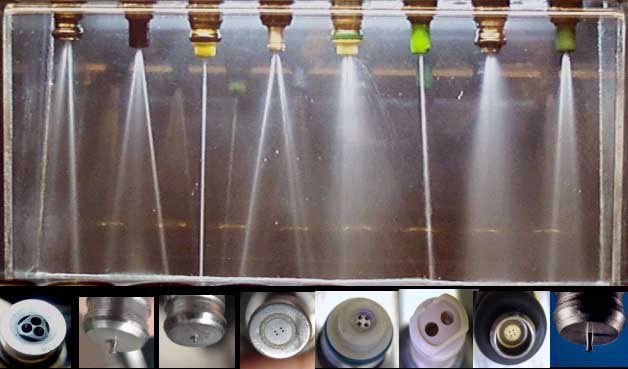- 800-381-2065
- [email protected]
- 9627 Southwest Freeway, Houston, TX 77074
- Monday – Friday: 8 AM – 4 PM (Central)
Current Turnaround Times
Standard Service – 3-4 Business Days
Expedited Service – 1 Business Day
Last Updated 2/9/2026 at 11:31AM
Standard Service – 3-4 Business Days
Expedited Service – 1 Business Day
Last Updated 2/9/2026 at 11:31AM

Fuel injectors are essential components in modern engines, responsible for delivering the precise amount of fuel needed for combustion. A properly functioning injector ensures better performance, optimal fuel economy, smoother operation, and lower emissions.
At Injector RX, we believe education is key to better vehicle maintenance, so let’s dive into how fuel injectors work and why keeping them clean and functional is so important.
A fuel injector is an electronically controlled valve that sprays a fine mist of fuel directly into the engine’s intake manifold or combustion chamber. It works in coordination with the engine’s control unit (ECU) to deliver fuel at exactly the right time, pressure, and volume based on driving conditions.
This process happens incredibly fast — with many injectors opening and closing thousands of times per minute!
Each system has its own advantages and maintenance needs, but all rely on precision to function properly.
Over time, injectors can become clogged with carbon deposits, varnish, and contaminants from fuel. This buildup can lead to:
Professional cleaning and testing restore your injectors to like-new condition, helping you avoid costly engine repairs and keeping your vehicle running at its best.
At Injector RX, we specialize in professional fuel injector cleaning, testing, and restoration for all types of engines — automotive, marine, diesel, and more.
or call us today at 1-800-381-2065 for more information. Let us help you clean your automotive fuel injectors the right and only guaranteed way!